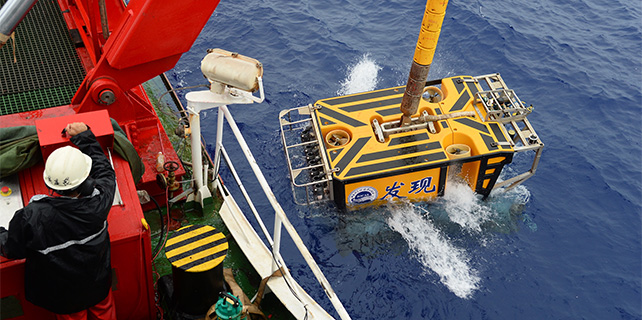Egypt, China ink deal to build fast tram around Cairo
CAIRO - The Egyptian Ministry of Transport and a coalition of Chinese firms signed on Tuesday an agreement worth $1.24 billion to build a light rail transit in new districts around Cairo.
The aspired light rail is a fast tram expected to cover a distance of 66 km with 11 stops, connecting the under-construction new administrative capital city with distant districts of Greater Cairo including Al-Salam City, Ramadan 10 City, Obour City, Badr City and Shorouk City.
The signing ceremony between Egypt's National Authority for Tunnels (NAT) and the joint coalition of China's AVIC International and China Railway Group Limited was attended by Egyptian Prime Minister Sherif Ismail, Transport Minister Hesham Arafat and Chinese Ambassador to Cairo Song Aiguo.
NAT chief Tarek Gamal El-Din said the project will start within two or three months, expecting it to accommodate 340,000 passengers daily, reduce traffic on the Cairo-Ismailia highway by about 30 percent and save Egypt some 2.3 billion Egyptian pounds ($129.5 million) annually.
Egyptian President Abdel-Fattah al-Sisi met earlier in mid-July with the Chinese coalition for negotiations over the key project.
The Chinese group said it would assign Egyptian contractors with some civil and railway construction works that will provide thousands of job opportunities in the country.
Egypt and China enjoy strong bilateral relations that have been elevated to the level of comprehensive strategic partnership. The two countries marked in 2016 the 60th anniversary of the establishment of their diplomatic relations.
The volume of trade between Egypt and China has mounted to $11.3 billion in 2016, ranking Egypt as the third African trade partner with China.
- Egyptian president mulls with Chinese firms to build fast tram around Cairo
- Belt and Road initiative injects vitality into Egypt-China ties
- Egypt sees sharp rise in trade volume with China
- China key to modernizing Egypt's railway infrastructure: Official
- Egypt plans to lure $30 billion to develop Suez Canal zone






















